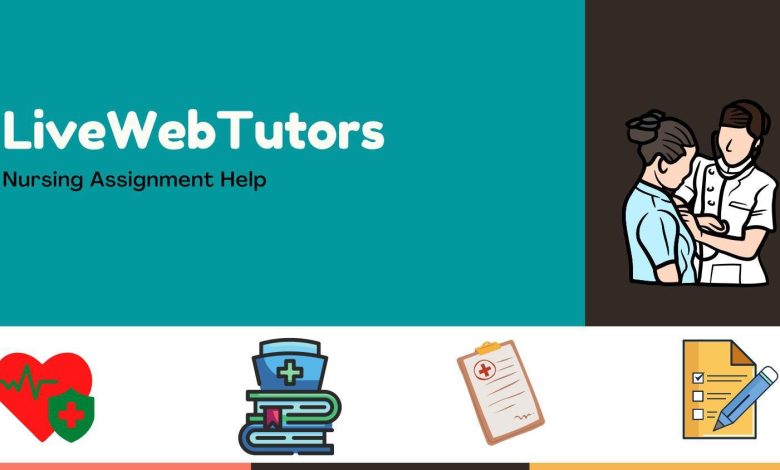Research to Identify the Training Resources of Nurses to Combat the COVID-19 Pandemic

Overview
COVID-19 is a virus that causes severe illness and often threatens the lives of those infected. Viruses pose an urgent threat to the operation of communities worldwide. This includes job loss and its implications on families, changes in education due to online and distant learning, and many other changes in people’s life.
Despite this, several nations adopted disease mitigation, readiness, and response measures; nevertheless, these measures were insufficient to deal with COVID-19. COVID-19 wreaked havoc on healthcare systems and hospitals, consuming medical resources in numerous nations. In certain countries, like Italy, the number of infected cases surged fast, necessitating immediate emergency treatment. While the number of cases increased or decreased in different nations, this is normal in biological catastrophes.
Exploring the challenges nurses experience when caring for COVID-19 patients will help nurses and hospitals prepare for and recover from the crisis. Understanding these concerns will also help nurses support leaders and decision-makers by providing advice and consequences. Thus, this integrative review aims to examine the challenges faced by nurses during the COVID-19 crisis.
-
Methods
This integrative review highlights issues affecting frontline nurses fighting COVID-19. This integrative evaluation included all publications published in English in 2020 after introducing COVID-19. The study searched CINAHL, ScienceDirect, ProQuest, Scopus, and Google Scholar for the terms “nursing,” “pandemic,” “COVID-19,” and “coronavirus.” During the COVID19 pandemic, several publishers began allowing access to papers even before review or publication processes were completed, such as ScienceDirect, which used Elsevier’s free health and medical research on the novel coronavirus (SARS-CoV-2) and COVID-19.
-
Results
The study’s findings were described in a table, including the study’s reference, authors and dates, location, and conclusions.
The analysis found that most challenges nurses confront when dealing with COVID-19 patients fall into two categories. The first includes:
- Personnel shortages
- Anxiety and infection fear
- Lack of patient communication
- Tiredness from working long hours without sufficient nutrition
The second category is a shortage of medical supplies and resources, such as PPE.
-
Updated Discussion
This evaluation shows a nurse shortage while dealing with coronavirus patients. The problem is not merely a lack of skilled nurses to care for COVID-19 patients in isolation or critical care units. This issue is seen in numerous emergency and catastrophe situations, and the case also surfaces in daily life. To improve COVID-19 staffing, experts – retired or staff nurses with essential knowledge, skills, and attitudes – could be asked to help provide holistic care for patients infected with COVID-19. When nurses are available, hospitals may expand their capacity and accept more patients. Calls for volunteers, such as eager nursing interns and students with clinical experience, may be advantageous. When selecting volunteer responsibilities and activities, nurses must have clear strategies to manage and monitor them.
-
Limitation
Because publications on this issue began in January 2020, this study was an integrated review with stringent inclusion and exclusion criteria. Because most existing studies do not match the requirements for systematic reviews (e.g. scoping, intensive, and systematic reviews), more papers with higher quality and more thorough examinations may be published.
-
Recommendations
It is advised that a catastrophe plan for pandemics be maintained in place that attempts to guide nurses before, during, and after any health-related emergencies. It is also recommended to establish a strategy for investing in nurses, as they are the largest healthcare group and have very defined and crucial tasks. We must also guarantee that nurses respond efficiently to pandemics and that all medical supplies, including PPE, are accessible to keep nurses and patients safe. Finally, more research is needed on nurses’ experiences and pandemic crises, including preparedness, responsiveness, and recovery in general; more studies must focus on nurses’ knowledge, preparedness, and risk perception, which affects their adherence to precautionary behaviours.
Conclusions
Nurses are on the frontlines fighting COVID-19. Nursing personnel, beds, and medical supplies are in limited supply. So meeting these needs and supplying is vital. More study is needed to create, prepare, and respond to future pandemics effectively. For more information, contact LiveWebTutors for online nursing assignment help.




